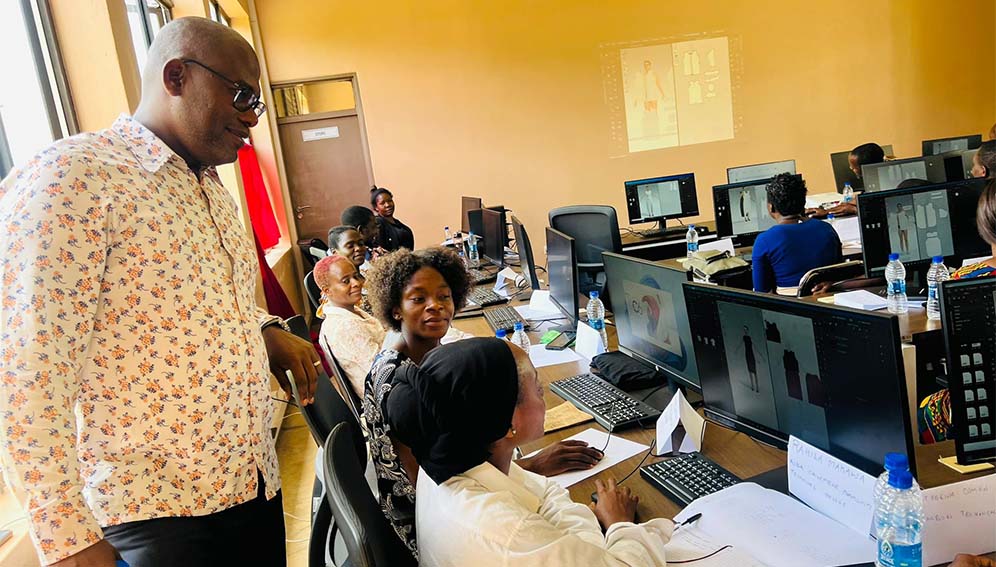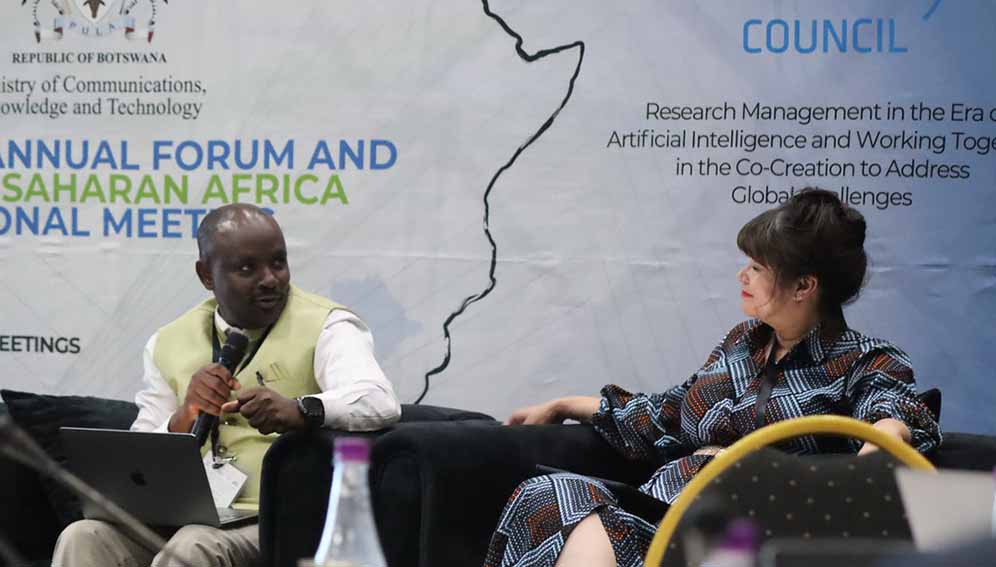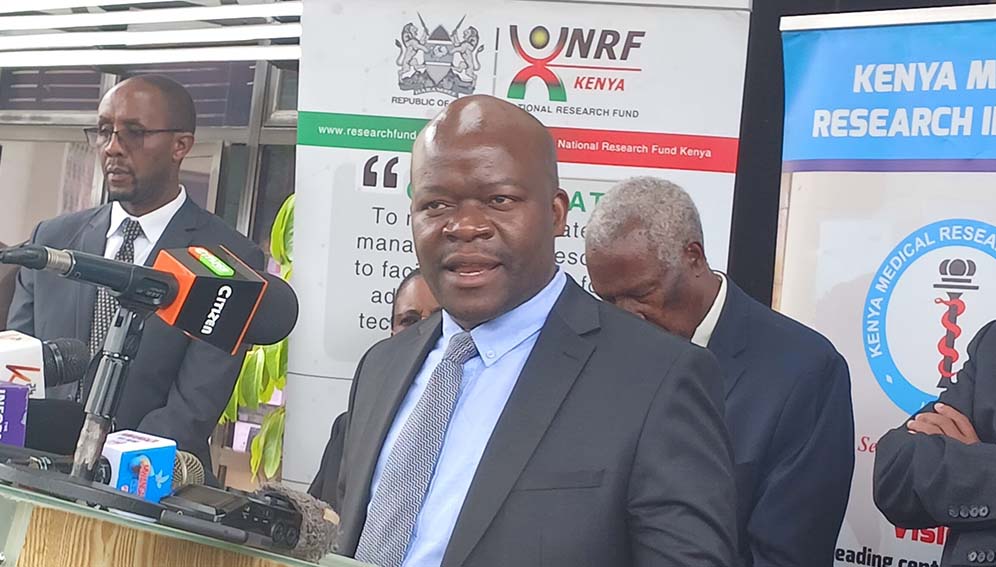SGCI News
Ghana is addressing critical issues in the country’s research landscape by bridging gender gaps in research and evaluation through a gender project. The Ghana Ministry of Environment, Science and Technology,…
Ghana is addressing critical issues in the country’s research landscape by bridging gender gaps in research and evaluation through a gender project.
The Ghana Ministry of Environment, Science and Technology, a Science Granting Council is leading the gender project called EQUISTEM.
The EQUISTEM project tackles particular issues that are highly relevant to the local context and situation with regard to Gender Equality and Inclusivity (GEI) in Science Granting Councils Initiative.
The project is promoting gender equality and inclusivity within the research and evaluation sectors in Ghana by implementing comprehensive training programs that consider intersecting identities such as race, ethnicity, socioeconomic status, and disability.
It is addressing unconscious bias in all aspects of research and evaluation processes by equipping council staff, applicants, evaluators, and researchers with the requisite knowledge and tools.
The project integrates diverse gender perspectives and equitable participation by introducing a gender dimension into research content and cultivating gender equality within research teams.
Through the project, the Ghana Council is improving the quality and effectiveness of research evaluations by providing specialised training to evaluators on evaluating gender equality and inclusivity in research calls.
They are also encouraging collaborative training sessions where applicants, evaluators, and staff train together whenever feasible, promoting cross-cutting knowledge exchange and synergy.
Key issues and goals
According to the Ghana Council, persistent disparitiescontinue despite efforts to promote gender equality, with disparities persisting within Ghana’s research and evaluation processes.
Unconscious bias presents a formidable obstacle in research and evaluation processes, impacting decision-making processes and sustaining gender disparities.
Capacity gaps mean applicants, evaluators, and staff lack specialised training in assessing GEI in research and evaluation processes, leading to limitations in effectively addressing gender-related issues.
While there are efforts to address gender disparities and promote inclusivity, there’s a lack of sustained capacity-building and sustainability initiatives.
The council’s key activities include assessment of existing research funding policies and practices, design of GEI training curriculum, training workshops, pilot testing of adapted actions, and dissemination of project findings and recommendations.
Challenges and learnings
Challenges include difficulty scheduling training for high-level stakeholders, and varied baseline knowledge of gender equality and inclusivity concepts.
Additionally, integrating intersectionality meaningfully into all aspects of training remains a work in progress.
The council says that key learnings show that continuous dialogue and inclusive facilitation are essential for overcoming unconscious biases and fostering ownership of GEI principles.
They also specified that tailoring content to the specific roles and institutional contexts of participants enhances relevance and impact.
The Way Forward
Moving forward, the Ghana Council intends to explore strategies for embedding GEI considerations into institutional policies more sustainably and also develop monitoring frameworks to assess long-term changes in attitudes and practices.
They aim to examine how digital tools and platforms can be leveraged to scale training and ensure ongoing peer learning and support.
Please check out the stories and let us know what you think. We would love to hear from you!
Let’s continue the conversation on our social media
Follow us on LinkedIn
Published on 30 June 2025
Written by Jackie Opara
Related News
Uniting Malawi’s innovators: NCST’s push to bridge the coordination gap
How does Malawi move from pockets of innovation to a truly connected national ecosystem? In this interview with the Science Granting Councils Initiative, Isaac Chingwota, acting director for Technology Transfer, Innovation and Commercialisation at the National Commission for Science and Technology (NCST), explains why coordination…
Namibia launches BOOSTUP programme to bridge innovation gaps
Many promising technology-driven ideas struggle to progress beyond the concept stage due to limited access to early-stage support and mentorship. These challenges highlight the need for targeted interventions that could transform innovative ideas into viable and scalable solutions. It is against this backdrop that the…
Kenya’s postgraduate research grants
The National Research Fund (NRF), Kenya, invites applications for postgraduate research grants for the 2025/2026 financial year. This national research call is a strategic intervention to strengthen Kenya’s Science, Technology, and Innovation (STI) ecosystem by supporting high-quality postgraduate research that drives innovation, informs evidence-based policymaking,…
SGCI funded projects
Rwanda’s integrated approach to sustainable agriculture and nutrition
Project Titles & Institution Areas of Research Number of Projects being funded Project Duration Grant Amount In-Kind Distribution Council Collaboration with other councils





